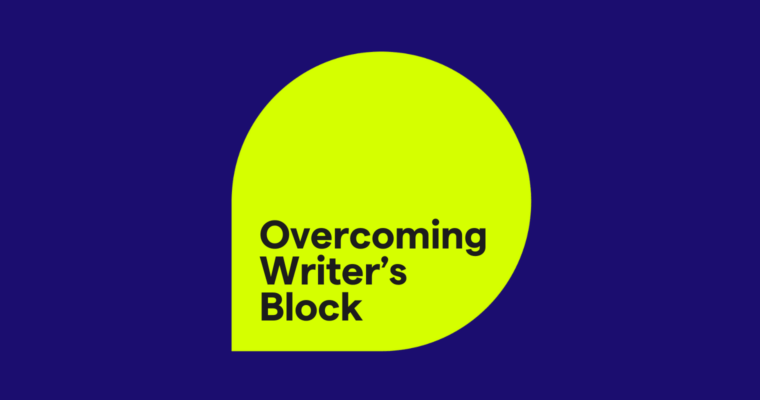“Early to bed and early to rise makes a man healthy, wealthy, and wise.”
So says the old proverb, often attributed to Benjamin Franklin. Of course, Franklin lived in a time before electric lighting, when staying up late meant burning the midnight oil and people had good reason to be productive during the daylight hours. Even so, at least when it comes to writing well, he may have been onto something.
Centuries later, with our homes illuminated by not only electric lights but also the glow of TVs, computers, and handheld devices, many of us have come to identify as either early birds or night owls. Early birds turn in at a reasonable hour so they can wake refreshed first thing in the morning. Night owls stay active long past dark and tend to sleep later.
The Grammarly team wanted to know whether time of day had a measurable effect on the quality of a person’s writing, so we crunched over one billion words proofread by our app in search of answers. Ben Franklin might have been pleased with our discoveries. We learned that, although we can’t know the status of their health, wealth, or wisdom, Grammarly users do their best online writing early in the day. Have a look at our infographic to see how early birds and night owls fared when blogging, writing emails, and using social media.
 To share this infographic on your website or blog, copy-paste the embed code into your editor.
To share this infographic on your website or blog, copy-paste the embed code into your editor.
Early birds make fewer writing mistakes
Our research showed that early birds, defined by our study as those who write online between the hours of 4 a.m. and 8 a.m. in their local time zones, made fewer writing mistakes overall with an average of 13.8 mistakes per 100 words. Night owls, those writing the evening hours away between 10 p.m. and 2 a.m., were more error-prone with 17 mistakes per 100 words.
When it comes to platforms, writers tend to make fewer spelling, grammar, and punctuation blunders when writing blog posts than they do in either email or social media. There’s also a prime time for blogging if you want to write more accurately—between 1:00 p.m. and 5:00 p.m. During that period, blog writers made just 3.7 errors per 100 words.
Writers made more mistakes in emails than in blog posts (11.8 per 100 words for the early birds, and 14.3 for the night owls.) The next time you’re firing off an electronic missive, pay attention to spelling. Spelling errors accounted for over half of the mistakes made in email communiques.
It’s probably no surprise that people make the most grammatical gaffes in social media, where communication tends to be more casual and writers often use slang and, particularly on Twitter, abbreviations or text-speak. On average, writers make three times as many mistakes in social media posts as they do in email.
In each online writing category, early birds wrote with more accuracy than their night owl counterparts. Night owls who want to hone their abilities should consider learning the differences between commonly confused words. In fact, night owls confuse words 66% more often than early birds. If homonyms and other mistakes trip you up, here are a few articles to help you sharpen your skills:
- Apostrophe Mistakes (e.g. let’s vs. lets)
- Too vs. To
- Everyday vs. Every Day
- Than vs. Then
- Of vs. Off
Night owls have smarts
The circadian rhythm is the biological cycle of activity and rest that nearly all animals have. In the time before electricity and technology, we human animals were primarily diurnal—active during the daylight hours, when we could see well and heed the proverb to make hay while the sun shines. But as we developed technology that allowed us to be active and even productive into the hours after dark, some of us adopted the tendency to stay up late, becoming night owls.
In a 2009 study, evolutionary psychologist Satoshi Kanazawa hypothesized that humans who developed a tendency to be nocturnal were adopting evolutionarily novel values. As technology advanced, night owls advanced to do something their ancestors hadn’t—stay up later and wake later. That evolutionary step, Kanazawa believed, could predict that people with higher IQs were more likely to be nocturnal than those with lower IQs. Kanazawa’s research, using a large sample of young Americans, bore out this hypothesis—children with higher IQs grew to be more nocturnal adults.
Although night owls may need to be more careful while writing during the evening hours, science shows that innate intelligence probably isn’t a factor.
Good writing can happen at any time
When do you do your best writing? Whether or not you’ve noticed a tendency to be sharper by day or night, one thing’s for certain—good writing depends on proofreading. Take a moment to double-check your blog posts, emails, and social media shares so your writing will shine at every time of day.






